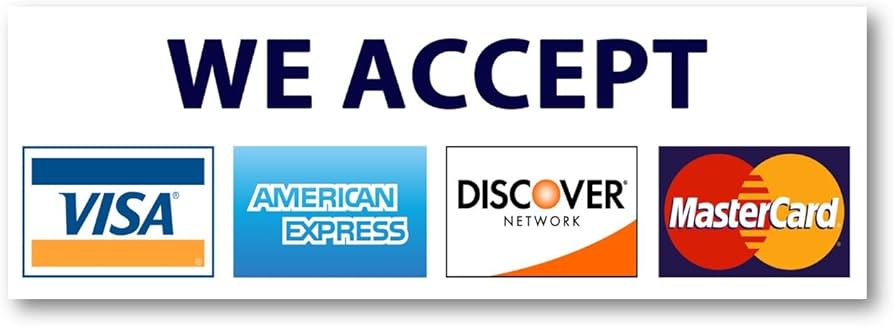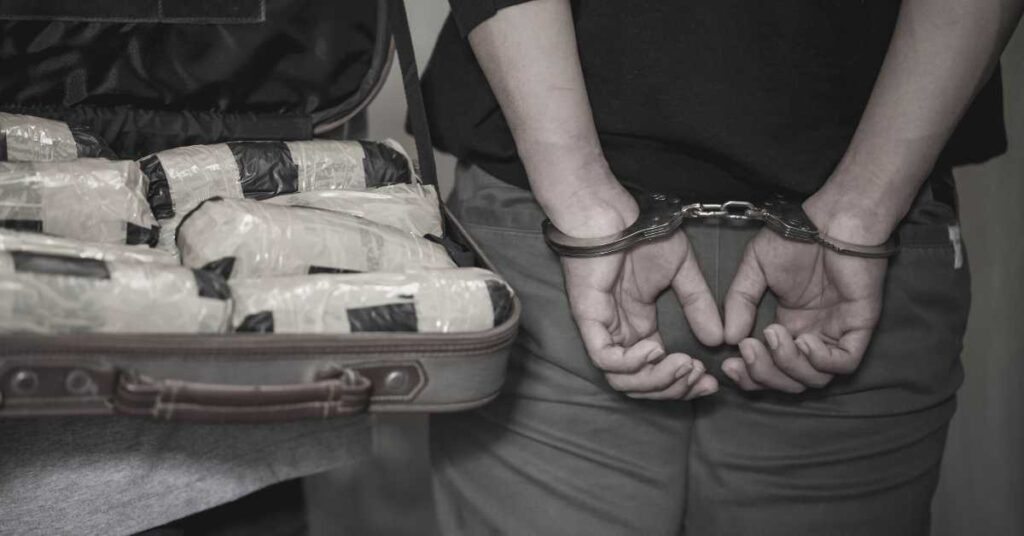💊 The Police Found Drugs, but They Aren’t Mine—What Are My Options in Florida?
If you’ve been charged with drug possession in Florida—but the drugs weren’t yours—you’re not alone.
This situation is especially common in shared homes, college dorms, cars with multiple passengers, and rented properties. The good news? These cases are often defensible, but you’ll need an attorney who understands constructive possession law.
👨⚖️ Case Example: Student in a Shared House
Recently, I represented a university student in Florida who was charged with drug possession. The police found drugs in a common area of the house—not in his bedroom, his bag, or anywhere tied directly to him.
Despite this, prosecutors still tried to hold him responsible. Fortunately, Florida law requires more than just proximity to convict someone of drug possession.
🔍 What Must the State Prove?
To convict someone of drug possession, the State must prove:
- You had knowledge of the substance
- You had control or dominion over it (this is known as constructive possession)
📌 Simply being near the drugs—or living in the same house—doesn’t prove guilt.
📌 Related: 👉 Constructive Possession in Florida Drug Cases
🛡️ Legal Defenses in Shared Living Situations
If drugs are found in a shared space, your lawyer may raise the following defenses:
- ❌ No exclusive possession: Multiple people had access to the area
- 🤷 Lack of knowledge: You didn’t know the drugs were present
- 🕵️♂️ No fingerprints or forensic tie-in: No physical evidence connects the drugs to you
- 🚫 Illegal search: The evidence may be suppressed if police violated your rights
📌 Related: 👉 Can You Get a Drug Charge Dismissed in Florida?
📞 Charged With Drug Possession in Florida? Call Michael White, P.A.
Don’t try to fight these charges alone. Even if the drugs weren’t yours, the State may aggressively pursue the case—unless a skilled attorney steps in to challenge the evidence.
At Michael White, P.A., we represent clients throughout Fort Lauderdale and South Florida, and we understand how to handle possession charges arising from shared living situations, student housing, and cars with multiple occupants.
📲 Call (954) 270-0769 or schedule your free consultation online to protect your rights today.
💬 Frequently Asked Questions: What to Do If the Drugs Weren’t Yours
Q1: Can I be charged with drug possession if the drugs weren’t found on me?
A: Yes, under Florida law, you can still be charged under a theory of constructive possession. However, the State must prove that you knew the drugs were there and had control over them.
Q2: What if the drugs were found in a shared house or apartment?
A: That helps your defense. If multiple people had access to the area, prosecutors may struggle to prove exclusive or joint possession—especially if nothing ties you directly to the drugs.
Q3: Do I need a lawyer if the drugs weren’t mine?
A: Absolutely. Even if you’re innocent, the State may move forward with charges. A lawyer can help challenge the evidence, raise doubt, and potentially get the case dropped or dismissed.
Q4: Will I go to jail if I’m convicted of drug possession in Florida?
A: It depends on the drug, quantity, and whether you’ve been convicted before. A first-time misdemeanor may result in probation or diversion, while felonies carry steeper penalties.
Q5: What evidence can be used to fight a constructive possession charge?
A: Your attorney may use lack of fingerprints, absence of personal items near the drugs, inconsistent police statements, or the presence of other people to weaken the State’s case.




